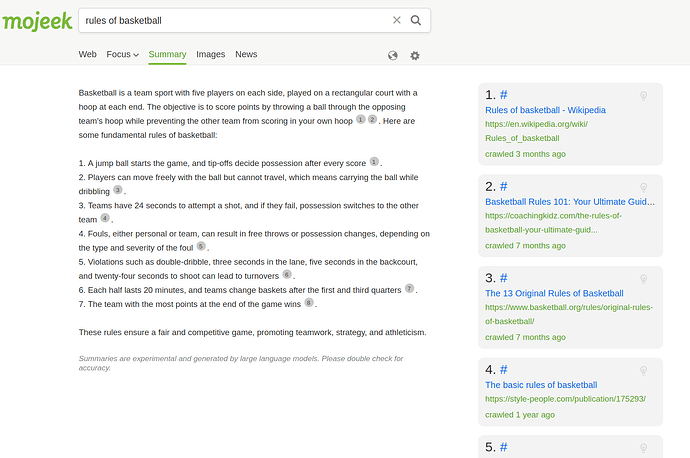Thank you. This new layout addresses my concerns.
It looks like my user script hijacked the formatting. ![]()
@Josh This kicks you out of other experiments like Maps. In the future, will there be a way to participate in multiple experiments? Or, are you willing to release Maps?
